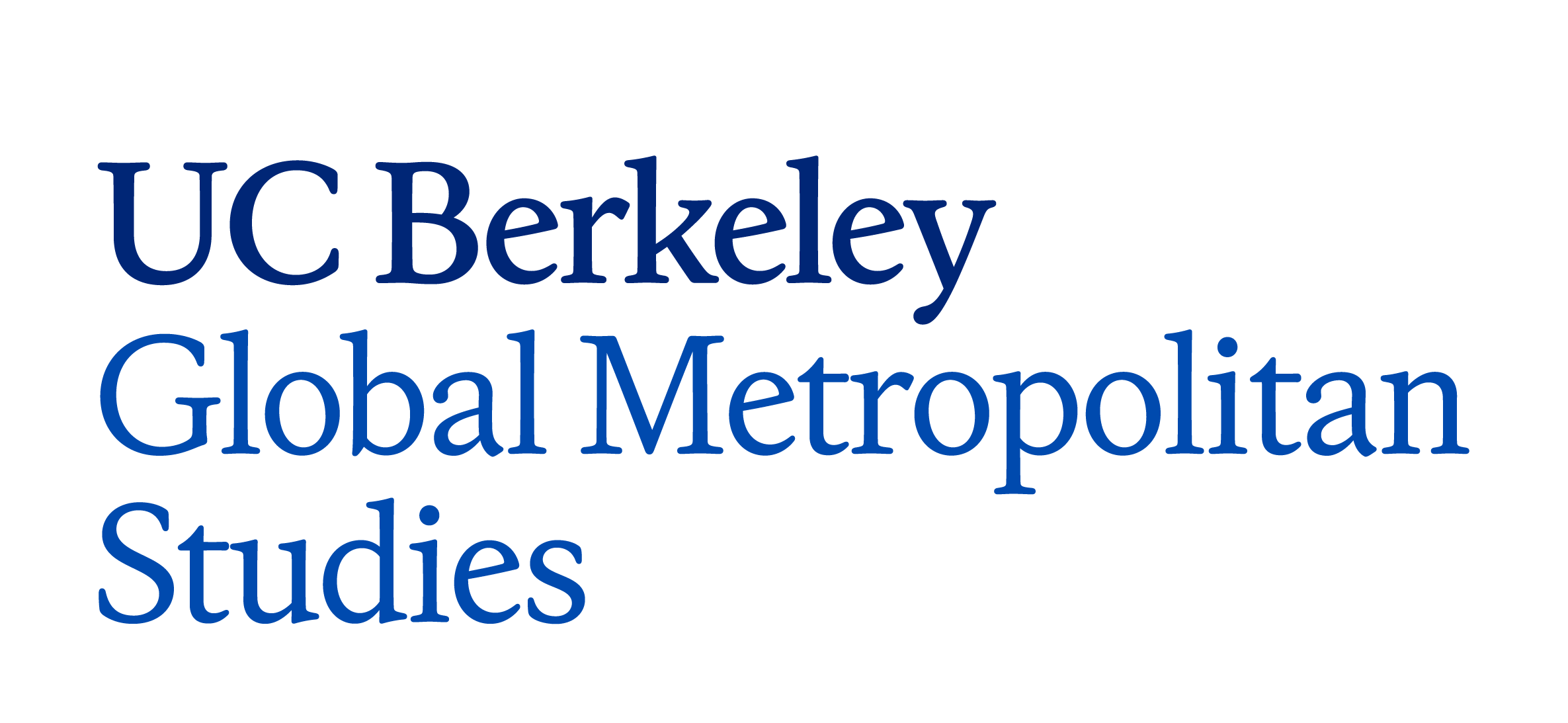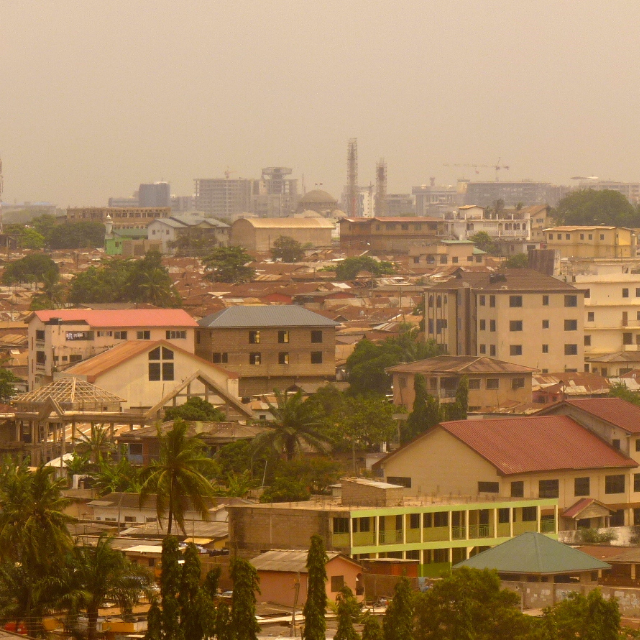Co-sponsored by the Dept. of Political Science
Two aspects of contemporary urban life in Africa are often described as sources of political change: the emergence of a large urban middle class and high levels of ethnic diversity and inter-ethnic social contact. Many expect that these factors will spark a transition away from ethnic competition and clientelism. Drawing on material from his forthcoming Cambridge University Press book, Nathan will argue that neither is having these anticipated effects. Instead, urban Ghana is stuck in a political trap: clientelism and ethnic voting persist in many urban neighborhoods despite changes to the socio-economic characteristics and policy preferences of urban voters.
Noah Nathan is Assistant Professor of Political Science at the University of Michigan and a Faculty Associate at the University’s Center for Political Studies. His research focuses on political behavior and the development of political parties in new democracies in Africa. His book project examines electoral competition in African cities and is based on field research in Ghana. His work has been published in the American Political Science Review, American Journal of Political Science, Comparative Political Studies, and the British Journal of Political Science. He completed his PhD at Harvard University’s Department of Government in 2016.

